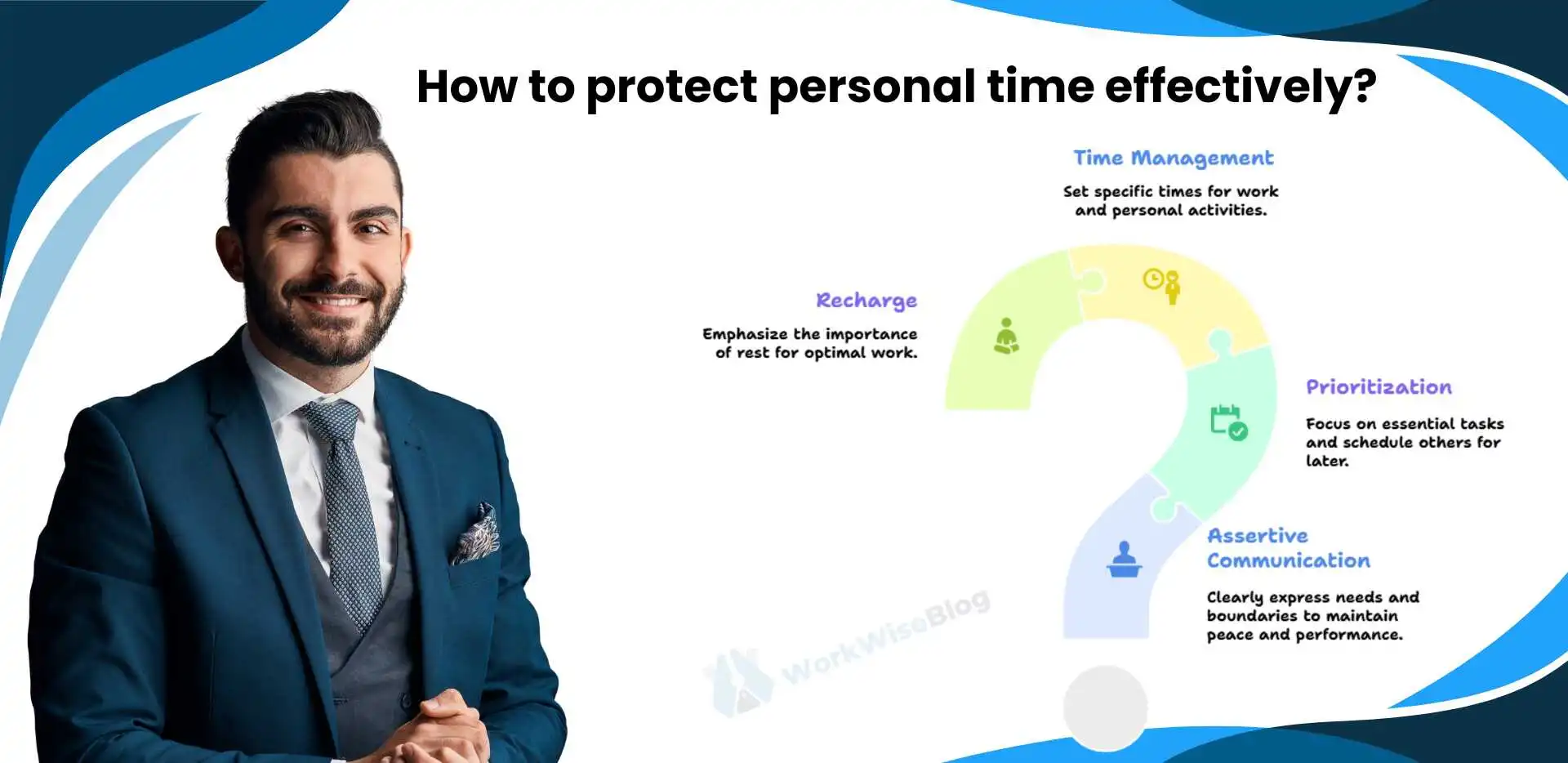
Why Salary Negotiation Terrifies You (And How to Fix It)
The #1 Mistake: Leading with Emotion
Most people open with personal needs: “I need a raise because rent went up.” Employers don’t base salaries on your bills—they base them on your value.
HR Insider Perspective:
” When someone ties their request to company goals—like ‘My work streamlined our client onboarding, which reduced churn by 15%’—I’m way more likely to advocate for them.”
—Mark Lee, HR Director

3 Salary Negotiation Scripts for Every Scenario
Script #1: Asking for a Raise During Your Review
Use This When:
You’ve exceeded expectations but haven’t been offered a raise.
Phrase:
I’ve really enjoyed contributing to [specific achievement, e.g., the new client onboarding system]. Based on my research, the market rate for this role with my experience is [X]% higher. I’d love to discuss aligning my compensation with these benchmarks while continuing to drive results for the team.”
Why It Works:
- Focuses on market data(not personal needs).
- Ties your ask to future contributions.
Pro Tip:
Use salary data from Glassdoor, Payscale, or LinkedIn Salary to back your request.

Script #2: Responding to a Lowball Offer
Use This When:
A new job offer falls short of your expectations.
Phrase:
“Thank you for the offer! I’m excited about the opportunity to [specific responsibility, e.g., lead your social media strategy]. However, given my [X years of experience] and the industry average of [Y] for this role ,I was hoping to explore a salary closer to [Z]. Is there flexibility here?”
Real-World Example:
Emma, a graphic designer, used this script to negotiate a $12K increase on her initial offer.

Script #3: When Your Boss Says “Budget’s Tight”
Use This When:
The company claims they can’t afford a raise.
Phrase:
“I understand budget constraints. Would we be open to revisiting this in [3-6 months] if I [specific goal, e.g., onboard 3 new clients]? Alternatively, could we discuss non-monetary compensation, like [extra PTO, remote work flexibility, or a title change]?”
Why It Works:
- Shows collaboration, not confrontation.
- Opens the door to creative solutions.
5 Rules to Negotiate Like a Pro
- Rule #1: Never Say “No” Immediately:
Always respond with: “Thank you for the offer. I’d like to review this and get back to you by [date].” - Rule #2: Practice Aloud:
Rehearse with a friend or record yourself to eliminate nervous fillers like “um” or “maybe.” - Rule #3: Leverage Silence:
After stating your number, pause. Let the employer respond first—they might raise their offer. - Rule #4: Focus on “We,” Not “Me”:
Bad: “I need more money.”
Good: “I believe this adjustment reflects the value I bring to the team.” - Rule #5: Get It in Writing:
If they agree verbally, say: “Could you send the updated details via email so I can review?”
- Rule #1: Never Say “No” Immediately:
Salary Negotiation Cheat Sheet
Download our PDF to:
- Use 10+ exact phrases for raises, promotions, and job offers.
- Prepare for tough questions like “What’s your current salary?”
- Calculate your target salary using industry benchmarks.
FAQs: Answering Your Biggest Fears
Q: What if they ask for my current salary?
Deflect politely: “I’d prefer to focus on the value I can add here. Based on my research, the market range for this role is [X−X−Y].”
Q: How much should I ask for?
Aim for 10-20% above your target to leave room for negotiation.
Q: What if they say no?
Ask: “What would I need to achieve to earn a raise in the next 6 months?” Document those goals and revisit them.
Stop Leaving Money on the Table
- Download the Cheat Sheet to memorize your scripts.
- Practice with a friend using our role-play scenarios.
- Share your win: Did negotiation work for you? Tell us in the comments!













